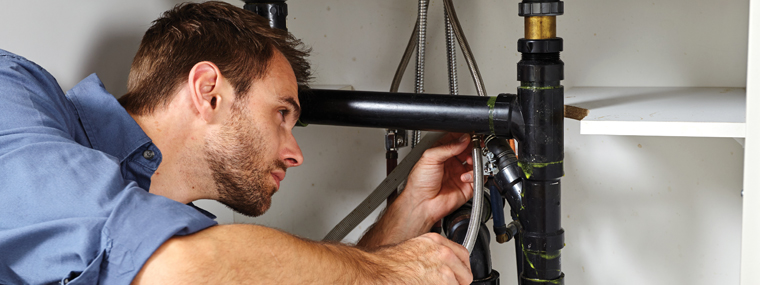
Repairs Must Be Timely
By Michael J. Gelfand, Esq. / Published January 2020

Duty to Repair. . .Promptly
What happens when the interior structure of a Florida condominium unit is damaged? Must the condominium association repair the damage? Is there a time limit? Does the cause of the damage, such as a water leak or a fire, make a difference?
In a recent decision, a Florida appellate court ordered an association to promptly repair damage to an owner’s unit. The facts in Cabana Key Condominium Association v. Schofield, 44 Fla. L. Weekly D 2228 (Fla. 5th DCA, August 30, 2019), indicate that Schofield’s unit was damaged by a fire emanating from a neighboring unit. The Declaration of Condominium provided that the association had a duty to promptly repair the shell and infrastructure of Schofield’s unit as well as to maintain and protect the unit while the repairs were being done.
Because the association failed to repair her unit, Schofield sued the association seeking money and repairs. The trial court granted a summary judgment for Schofield requiring the association to perform repairs. Specifically, the association had to “resume and complete the repairs and replacement to the shell and infrastructure to the subject property while maintaining it and protecting it. . .within a reasonable period of time…”
The Florida appellate court agreed with the decision of the trial court requiring the association to repair a unit damaged by fire. The appellate court noted that the Condominium Act, Section 718.303(1), Fla. Stat. (2015), authorized an injunction when a unit owner sues an association for failing to perform its obligation as required by the condominium’s Declaration. However, the injunction was defective because the order failed to specify the reasons for entry of the injunction.
The importance of this decision is two-fold. First, it illustrates why associations, managers, and owners must know what is in a community’s documents. When an owner requests repairs to a unit for damage, even if caused by another unit, the answer to the question of whether the association must make repairs is likely to be found in the documents. Second, it illustrates that repairs must be timely! To do the right thing and to help avoid lawsuits, it may be worthwhile to contact the association’s counsel to clarify your responsibilities.
Waiver of Rights by Skipping Arbitration
In another decision emphasizing the importance of properly interpreting Florida community association documents, the question arose as to what happens when a homeowners association fails to submit a dispute to mediation or arbitration in a timely manner.
A Florida appellate court ruled that an association waived its claim against a homeowner where the association failed to submit its dispute to binding arbitration. In Guan v. Ellingsworth Residential Community Association Inc., 44 Fla. L. Weekly D 2155 (Fla. DCA August 23, 2019), a homeowner modified the landscaping surrounding her home without first obtaining approval from the association. The Declaration of Covenants required that disputes be resolved by mediation; and if that is unsuccessful, then within 30 days after termination of the mediation, the parties must proceed to binding arbitration. Otherwise, the dispute is waived.
The association sent the owner a letter demanding that she restore her landscaping. The owner refused, and the parties proceeded to mediation, which was unsuccessful. Without first submitting to binding arbitration, the association sued the owner. The trial court ruled that the association did not have to first proceed with arbitration and could proceed with the lawsuit.
The Florida appellate court disagreed, reversed the decision, and directed the trial court to dismiss the lawsuit. The appellate court found that the association waived its claim because the declaration required the association to submit the dispute to binding arbitration within 30 days after termination of mediation.
Failure to comply with the documents’ dispute resolution process was fatal to the claim. Thus, another decision emphasizes the importance of knowing what is in your association documents!
Michael J. Gelfand, Esq.
Senior Partner, Gelfand & Arpe, P.A.
Michael J. Gelfand, Esq., the Senior Partner of Gelfand & Arpe, P.A., emphasizes a community association law practice, counseling associations and owners how to set legitimate goals and effectively achieve those goals. Gelfand is a dual Florida Bar Board Certified lawyer in Condominium and Planned Development Law and in Real Estate Law, Certified Circuit and County Civil Court Mediator, Homeowners Association Mediator, an Arbitrator, and Parliamentarian. He is a past Chair of the Real Property Division of the Florida Bar’s Real Property, Probate & Trust Law Section, and a Fellow of the American College of Real Estate Lawyers. Contact him at ga@gelfandarpe.com or (561) 655-6224.




